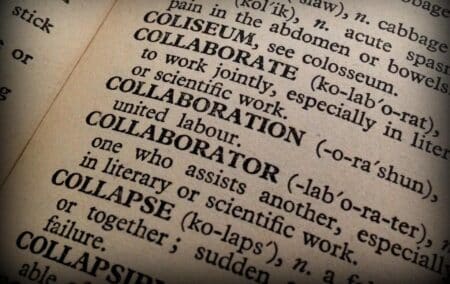The Soweto uprisings of June 1976, 45 years ago, were a turning point in South African history. In the light of subsequent events, such as “Rhodes must Fall” and the betrayal of poor black people by the ANC, they deserve deeper consideration.
June 1976 shocked both the ruling party and the party that was later to rule. Until then, it had been possible for the ruling National Party (NP) to fool itself that apartheid could work. After that, it was not. Apartheid was never more than an excuse for continued white minority rule. Its intellectual leader, Dr Verwoerd, tried to put a moral gloss on it by saying the different races had to be forcibly separated to protect their cultures. If they were allowed to mix, the superior European culture and languages would overwhelm the African ones (which is exactly what happened afterwards). I don’t think the masters of apartheid intended black people to suffer cruelty and humiliation, but when that happened, they didn’t care. The economic folly of apartheid made its whole edifice as brittle as thin glass. The Soweto riots cracked it apart. Thereafter the NP began an uncertain retreat from apartheid, trying to reform while retaining minority rule. The process was similar to that in the Soviet Union in the 1980s, where the Marxist rulers tried to reform communism, which apartheid resembled in many ways. Both attempts at reform ended in complete dissolution.
The shock to the ANC from 1976 was as great. The ANC discovered to its horror that it had lost authority among the black masses. The Soweto riots had been led by the PAC (Pan African Congress) and the Black Power movement, inspired by leaders such as Steve Biko. The ANC did not welcome these other anti-apartheid forces. On the contrary, it hated them. The ANC showed that its primary aim was not to end apartheid but to stop anybody else ending it. It sought power for itself, not freedom for the people. It regrouped into a violent terror organisation, getting ideas from communist Vietnam, waging war on poor black people in the townships. (The best history of this is “People’s War” by Anthea Jeffery.) The ANC used novel methods of terror, such as the “necklace”, where the victim was roasted to death when a petrol-filled tyre round his neck was set alight. It didn’t really matter what crime the victim was accused of. In fact, the vaguer the crime the better, since this made everyone even more terrified of defying the ANC killers in any way.
As the NP made real reforms, notably the recognition of black trade unions in 1979 and the repeal of the Pass Laws in 1986, the ANC increased its violence, confirming that its aim was not ending apartheid but winning power. When apartheid essentially ended in 1990, and the way was open for any black party to replace it, the ANC went berserk and political murders rose to an all-time high.
Looking back, I don’t think we should be any better off if another black party, such as the PAC, had won in 1994. Robert Sobukwe of the PAC had the moral stature of Nelson Mandela (and was even more cruelly treated by apartheid) but the PAC foot soldiers were as thuggish as those of the ANC. The slaughter of eleven worshippers by the PAC in St James Church, Cape Town, in 1993, long after apartheid had ended, was as bad as any ANC atrocity. There are deeper reasons for the failure of democratic government in South Africa than just the ANC.
The immediate cause of the children’s riots in 1976 was their protest against being taught in Afrikaans. Some commentators say that this was only a trigger for deeper discontent with apartheid. Maybe, but I think resentment of Afrikaans was more than just a trigger. It is telling that none of the children demanded to be taught in an African language. It seems they hated the idea. They demanded the colonial language, English. They wanted what all post-colonial Sub-Saharan African countries had, a European language as the official language. “I am an African! I demand English!”
The wishes of the 1976 children can be seen among well-off black children today. “Rhodes Must Fall!” means that his baubles, a few statues, must fall, but his deepest legacy, English as the universal language, must rise. There are more and more protests among wealthy black children attending private schools or Model-C schools that their African culture is not respected and white teachers are racists. Why don’t they go to state schools in the townships where the teachers are black and their black culture will be respected? The only answer I can think of is that they want the colonial culture and the colonial language while pretending they don’t. No wonder Helen Zille’s unfortunate tweet about some virtues of colonialism was so furiously condemned: everyone knew it was true.
June 1976 shows up complications and contradictions in our history. If only we could be more honest about them.
[Image: Dianne Hope from Pixabay]
The views of the writer are not necessarily the views of the Daily Friend or the IRR
If you like what you have just read, support the Daily Friend

